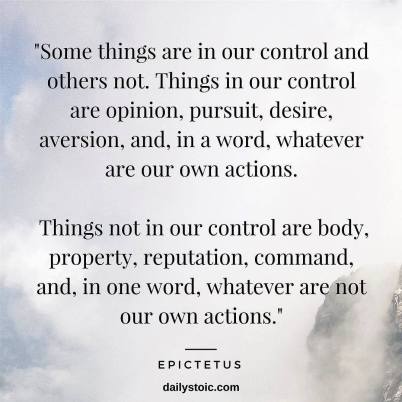Any time you ask a Subject Matter Expert (SME) about the shortcut to getting better, they will almost always include things like, ‘surround yourself with people who are better than you’, ‘If you find you are the biggest fish in your pond, it’s time to find a new pond’, and ‘Work on what you suck at’. These pieces of advice come from the guys you look up to when you’re getting started. And I would give the same advice. But honestly doing so for an extended period can be a very demoralizing and trying experience.

I embraced that concept completely when I started training in 2007. I have been pursuing the core skill sets since that time. It turns out the multidisciplinary approach to self defense has a lot of skills that require competitive spirit and drive. It requires Ego risk. If I’m going to stick with it, there is only the option of becoming comfortable with losing. Because losing is a daily trial.
If I’m doing it right, I’m boxing, grappling, shooting with, shooting at (with simunitions), and doing strength and conditioning with killers. I’m not a killer. I am just a dude who has been throwing myself to the wolves and losing over and over.

How do I weather that? Truth is, I can’t always. I get burnout. I haven’t shot a gun or posted to the blog since the Rangemaster conference in March mostly because I’ve been feeling inadequate and not worthy of my peer group. That’s real talk. I’ve been here before, where I swear I’ll quit if I have one more negative experience. When I get like this, I have to take a step back and evaluate how I’m thinking and approaching the problem. Here’s some ideas if you find yourself there. I’m working through it at the moment.
- Take time off. Just unplug from stuff for a while. The fire will reignite.
- Motivation is for beginners. Long term success requires discipline. Just show up.
- Savor minor victories.
- Remind myself that all of those SMEs have gone through the same thing, and maybe are even going through it at the same time. They’re people, despite how they appear online or in class. They’ve just had 20 more years practice at failing.
- Remind myself I do this because it’s fun. Keep it playful. Make it fun again.
- Work on another hobby for a while.
- Performance plateaus are real, the breakthrough is around the corner.
- Rather than focus on winning, pick a small facet of the discipline to sharpen. Don’t try to win the match, work on getting zero points down, or not shooting a no-shoot target. Don’t worry about tapping your opponent, focus on a part of your game that needs sharpening.
- Reorient goals so they are internal rather than external. When I’m wrapped up focusing on an external goal (with an outcome I can’t control), it’s a downward spiral of frustration. I try to think of it like “Am I better than I was yesterday? Yes? Then you’re improving”.
- The only thing you can truly control is how you Think about an issue. Nothing else is truly under your control, and losing is always a possibility.
- It’s OK to suck. Most people suck more than you do. If you’re doing anything, you’re running laps around the guy on the couch. There is always a tougher, more skillful, smarter, younger, faster, stronger person. That’s the way of the Universe.
- It’s OK to fail. Just have the discipline to start again.

In summary, surrounding yourself with people who make you look like an incompetent fool IS the fastest path to mastery, but it requires the fortitude to keep showing up and doing the work, regardless of how much you realize you suck.
It’s good to feel the fire again. Glad to be back.
Mark
PS: I restocked “The Path” Tshirts in S-3XL (6/29). Check them out.
If you find value in my posts, please consider subscribing and sharing. And please do your Amazon shopping through our affiliate link.








